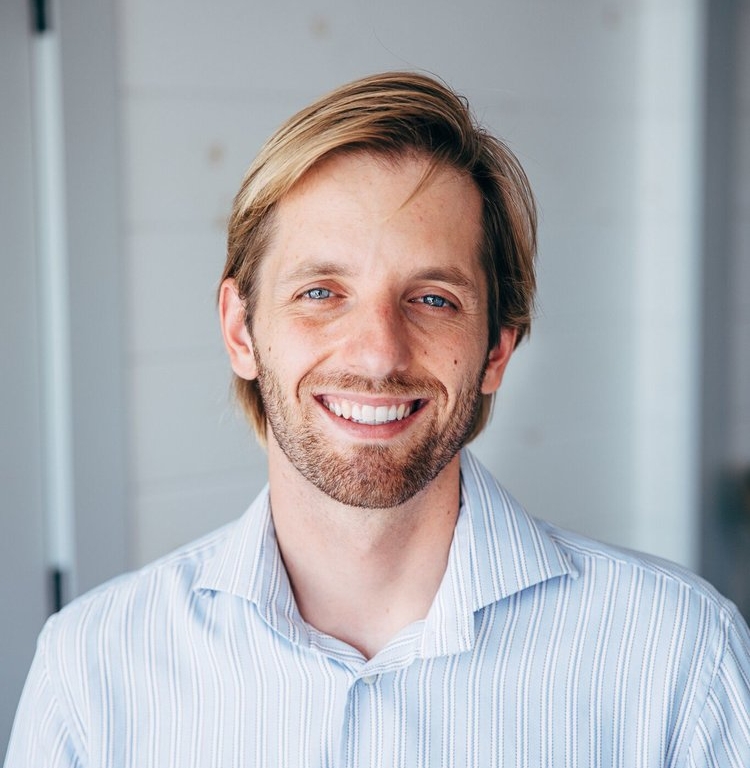Accepting new patients and consultations (updated October 2025), telehealth* or in-person
Started in 2016 by Wesley Ryan, and specializing in addiction psychiatry, ketamine-assisted psychotherapy (KAP), psychotherapy, psychedelic psychiatry, and HPPD, I offer patient care as well as clinical trial services and more. I aim to facilitate an empathic and welcoming environment, meeting people where they are, to foster personal exploration and growth, and relief from suffering.
*Telehealth patients must be within California state at the time of the appointment; for those elsewhere, consultation visits may be available depending on your location
See our peer-reviewed article: Ryan WC, Heifets BD. Maintenance Intramuscular Ketamine-Assisted Psychotherapy, a Retrospective Chart Review of Efficacy, Adverse Events, and Dropouts from a Community Practice. Journal of Psychoactive Drugs. 2024;1–15. [recorded video talk ] [full text of manuscript]
Wesley Ryan, M.D. is board certified in both addiction psychiatry and adult psychiatry, and among the first to offer ketamine-assisted psychotherapy since 2016, administering it in-office and providing contemporaneous psychotherapy, along with evaluation, preparation, and integration. He also offers psychedelic psychiatry consultations on HPPD, microdosing, and more. Addiction psychiatry services include harm reduction, dual diagnosis, rehabilitation, detoxification, opioid replacement and more.
Dr. Ryan is known for his work on ketamine: book chapter in The Ketamine Papers--Science, Therapy and Transformation (2017) (with editor Phil Wolfson, of the Ketamine Research Foundation), peer reviewed publication on clinical outcomes from long term KAP in this clinic (with Boris Heifets in Stanford), as well as ethical guidelines for ketamine clinicians (with Raquel Bennett, of KRIYA institute) along with various other peer reviewed articles (see CV), presenting at conferences (including KRIYA, Breaking Convention, Psychedelic Science hosted by MAPS), and hosting clinical trials on the medication.
He is well versed more broadly in psychedelics, psychotherapy, and clinical research: working as an adherence rater for the MDMA-assisted psychotherapy clinical trials, study physician / clinical trial site host for a trial sponsored by Cybin and Kernel, in on site harm reduction services (the Zendo project at burning man, hosted by MAPS), and in research on HPPD. See our presentation “When the trip doesn’t end” describing our findings on treatments for HPPD (MAPS Psychedelic Science 2025). He is also the only physician specialist on HPPD in California per the non-profit Perception Restoration Foundation (PRF).
Is ketamine-assisted psychotherapy (KAP) right for me? Ketamine is provided as an intramuscular (IM) injection along side talk therapy (psychotherapy), including preparation and integration before and after the experience. It is used for a variety of mental health disorders, including depression, PTSD, and addiction, and is effective for about 80% of people when used for treatment of depression.
What is HPPD? Hallucinogen persisting perception disorder is closely related to visual snow syndrome (VSS), and is an understudied condition that can occur after a psychedelic experience, leading to ongoing and bothersome sensory distortions such as visual phenomena, depersonalization, and derealization. No FDA approved treatment options exist, but several medications and psychotherapy can be effective. See “When the trip doesn’t end” describing our findings on treatments for HPPD (MAPS Psychedelic Science 2025).
See frequently asked questions for answers to various questions on billing, out-of-network insurance reimbursement, fees, forms, and more
Find out about location, hours, directions, parking, and more
For informational purposes only, a link to the federal Centers for Medicare and Medicaid Services (CMS) Open Payments web page is provided here. The federal Physician Payments Sunshine Act requires that detailed information about payment and other payments of value worth over ten dollars ($10) from manufacturers of drugs, medical devices, and biologics to physicians and teaching hospital be made available to the public.






